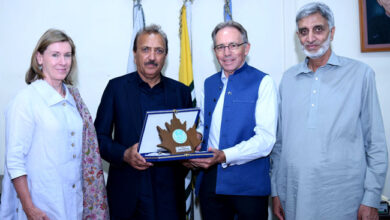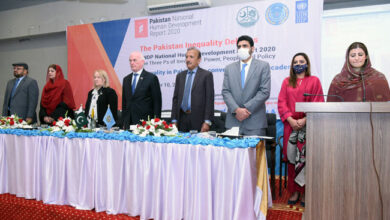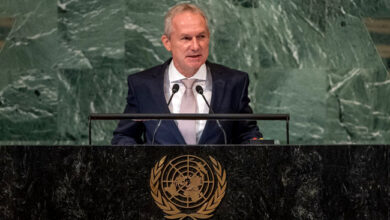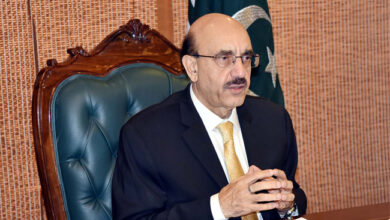Saudi crown prince’s alleged hacking of Bezos raises press freedom concerns
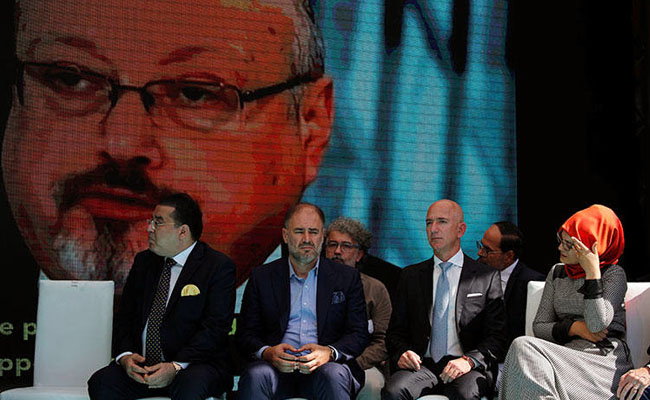
Hatice Cengiz, fiancee of the murdered Saudi journalist Jamal Khashoggi, and Jeff Bezos, founder of Amazon and owner of The Washington Post, are flanked by attendees at a ceremony marking the first anniversary of Khashoggi’s killing at the Saudi Consulate in Istanbul, Turkey, on October 2, 2019. (Reuters/Umit Bektas)
Washington, January 22, 2020—The Committee to Protect Journalists today joined U.N. human rights experts in calling for an investigation into the alleged hacking of The Washington Post owner and Amazon founder Jeff Bezos. The U.N. experts called the alleged hacking “an effort to influence, if not silence, The Washington Post’s reporting on Saudi Arabia.”
Agnes Callamard, U.N. special rapporteur on summary executions and extrajudicial killings, and David Kaye, U.N. special rapporteur on freedom of expression, said in the joint statement that they had received information suggesting spyware “such as the NSO Group’s Pegasus-3 malware” was installed on Bezos’ phone via a WhatsApp message from an account “utilized personally by Mohammed bin Salman,” the crown prince of Saudi Arabia.
“We are deeply alarmed by the allegation that the Saudi crown prince used spyware to undermine or suppress The Washington Post,” said Sherif Mansour, CPJ’s Middle East and North Africa Program Coordinator. “An independent investigation is urgently needed into the allegations that Mohammed bin Salman was personally implicated in a hacking attack on Jeff Bezos.”
Callamard and Kaye said the hacking allegations “are relevant as well to ongoing evaluation of claims” that the prince was involved in the 2018 murder of Washington Post columnist Jamal Khashoggi.” The University of Toronto-based Citizen Lab has published research suggesting an actor in Saudi Arabia used Pegasus to surveil Omar Abdulaziz, a close associate of Khashoggi, as Abdulaziz described to CPJ in 2018.

